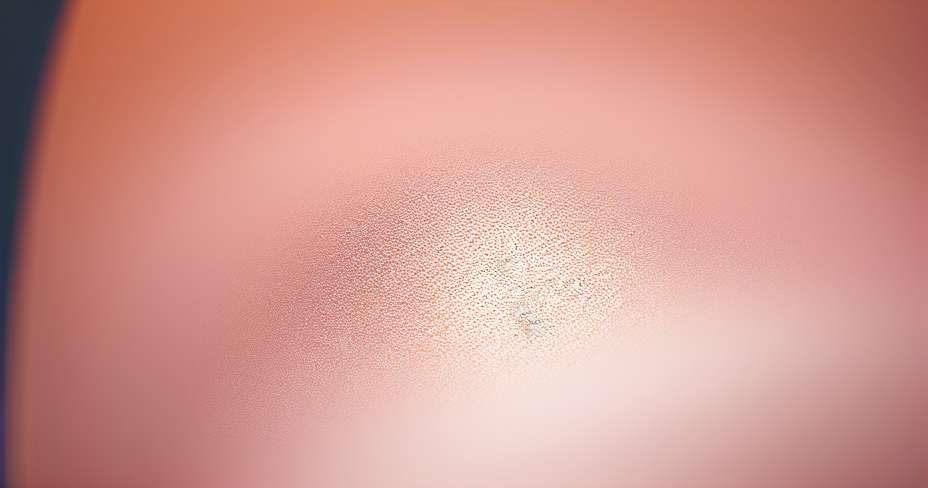9 keys to be fit and feel good
May 2024

Specialists of the National Institute of Perinatology work in the selection of a derivative of quinazoline for the treatment of leishmaniasis, according to the newspaper La Crónica, in Mexico, D.F.
Dr. Norma Galindo Sevilla, a graduate of the Master's and Doctorate in Immunology, of the National School of Biological Sciences (ENCB) of the National Polytechnic Institute (IPN), who belongs to the group of researchers, said: "This disease is registered mainly in areas tropical and is caused by a parasite of different species of protozoa of the genus Leishmania, which can be transmitted to humans by mosquito bite ”.
The specialist in Immunology stressed that clinically the parasite can occur in several ways, from the lesion that is known as leishmaniasis cutaneous localized, up multiple injuries known as disseminated cutaneous leishmaniasis; When the parasite does not affect the skin but incubates in some other organ, it is known as visceral leishmaniasis .
Galindo said that cases of leishmaniasis are treated worldwide with antimony-based drugs - meglumine antimonate and sodium stibogluconate - but some of them originate side effects as cardiac toxicity, electrocardiographic alterations, fatal arrhythmias and pancreatitis, among others, "hence the importance of seeking new drugs without side effects".
The group of researchers to which Dr. Norma belongs, is coordinated by Dr. Francisco Hernández Luis, of the Chemistry Institute of the UNAM. We work on the selection and clinical synthesis of compounds with parasitic activities. So far 14 drugs were tested in vitro, of which 3 had activity against leishmania, but the one with the greatest effect was the one based on quinazoline.